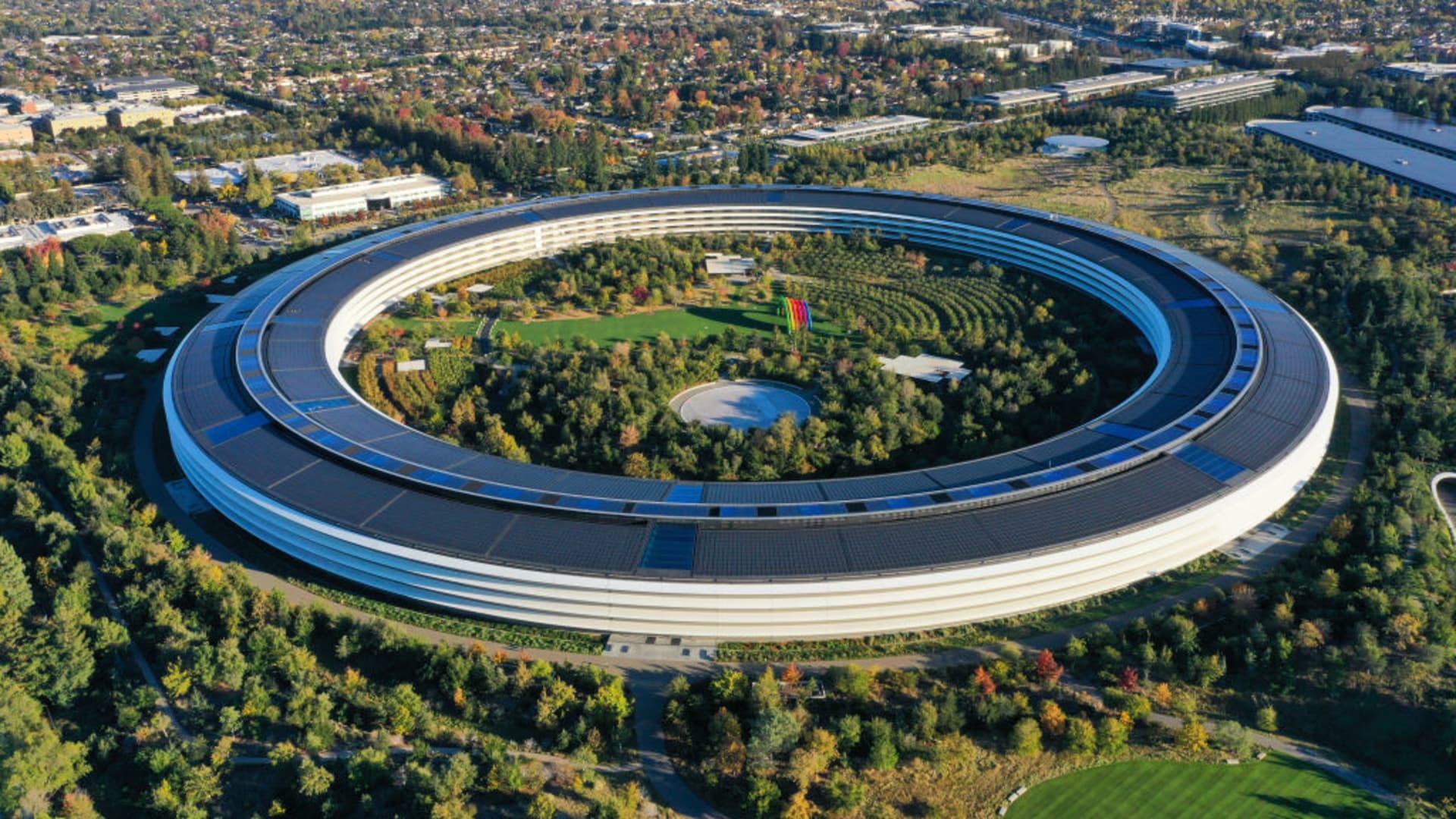Technology
Monday, July 22nd, 2024 2:33 pm EDT
Key Points
- A global IT outage caused by a flawed software update from cybersecurity company CrowdStrike led to widespread disruptions, including grounded flights, halted hotel check-ins, and stalled freight deliveries. The update impacted CrowdStrike’s Falcon monitoring software, which automatically updates to protect against new threats. The resulting “blue screen of death” errors highlighted the deep dependency of modern society on IT systems.
- Experts emphasized the need for incremental and thoroughly tested software updates to prevent such failures. They criticized CrowdStrike’s simultaneous rollout of the update, which lacked adequate quality control. This incident underscored the importance of implementing multiple layers of checks and balances to avoid single-point failures that can trigger widespread technical disasters.
- The event prompted calls for enhanced cybersecurity measures and redundancy in IT systems. Experts argued that businesses should view cybersecurity as an essential investment rather than a cost, advocating for diversified cybersecurity tools and robust system redundancies. The incident highlighted the broader fragility of IT infrastructure and the critical need for proactive cyber preparedness and systemic resilience.
On a recent Friday, a global IT outage disrupted flights, hotel check-ins, and freight deliveries, reverting businesses to manual operations and initially raising fears of a cyberterrorist attack. The culprit was a botched software update from cybersecurity firm CrowdStrike, whose widespread customer base magnified the issue’s impact. The update affected CrowdStrike’s Falcon monitoring software, which protects against malware by updating automatically. The error, embedded in the auto-update feature, highlighted the profound reliance of modern society on IT systems. Despite quick problem identification by CrowdStrike and partial system restorations within hours, the cascading effects were expected to linger for three to five days, exacerbated by the outage’s occurrence on a summer Friday when many offices were understaffed.
Eric O’Neill, a cybersecurity expert, criticized CrowdStrike’s simultaneous update rollout, suggesting incremental updates with extensive testing could have mitigated the damage. Peter Avery from Visual Edge IT echoed the need for rigorous testing in diverse environments before widespread deployment. He emphasized the necessity of safeguards and proper checks to prevent single-point failures—errors in one part of a system triggering widespread technical disasters. Avery and other experts called for building redundancy into IT systems to enhance resilience against such failures.
The incident underscored the fragility of global IT infrastructure and the critical need for businesses to view cybersecurity as an essential investment rather than a cost. Javad Abed from Johns Hopkins Carey Business School stressed that businesses should implement multiple cybersecurity tools to avoid reliance on a single point of failure, a principle of basic cybersecurity.
The event highlighted systemic issues within enterprise IT, where cybersecurity and data security are often undervalued. Nicholas Reese, a former Department of Homeland Security official, pointed out that the flawed code was at the kernel level, affecting fundamental computer operations. He called for the highest scrutiny and separate approval processes for kernel-level code, given its critical importance. Reese emphasized the ongoing challenge of managing third-party vendor vulnerabilities within the IT ecosystem and advocated for investments in backup and redundancy to preemptively address potential vulnerabilities. Despite the costs, such investments are crucial to prevent more expensive, widespread disruptions.
The CrowdStrike incident serves as a stark reminder of the interconnectedness of modern IT systems and the catastrophic potential of single-point failures, urging businesses to prioritize comprehensive cybersecurity strategies and robust system redundancies.
For the full original article on CNBC, please click here: https://www.cnbc.com/2024/07/20/the-crowdstrike-fail-and-next-global-it-meltdown-already-in-the-making.html




